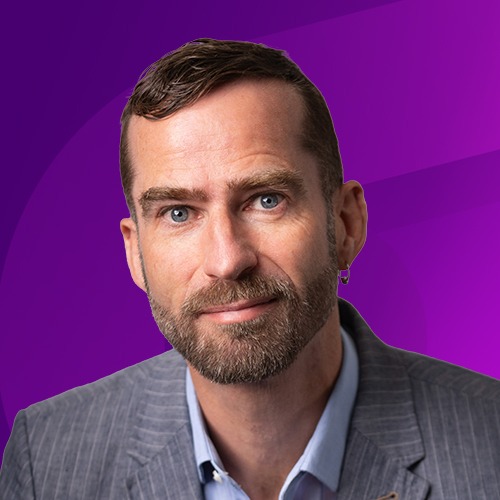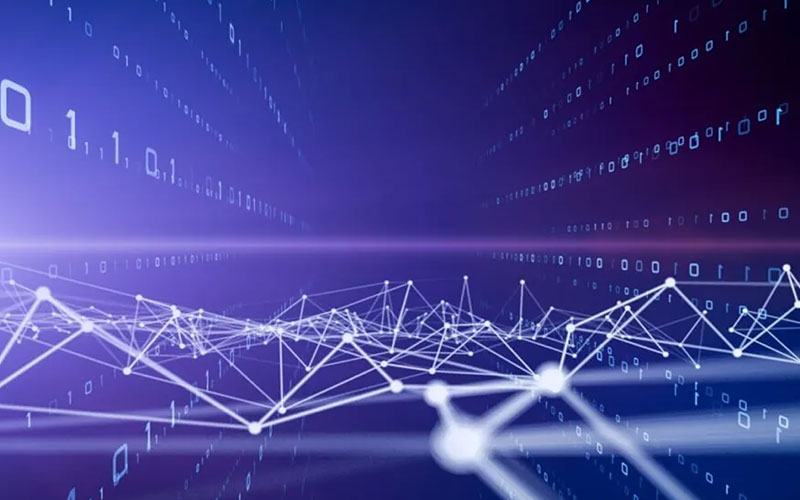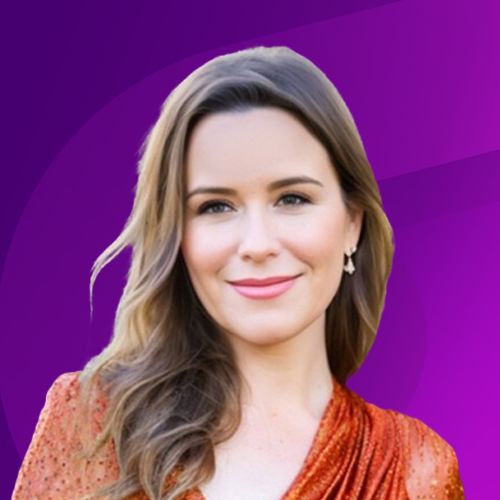The last several years have brought Risk and Resilience into sharp focus. Through our Gamechangers in Resilience interview series, we are sharing the compelling stories of leaders who are helping their communities thrive despite the most unexpected challenges.
This February, in celebration of Black History Month, iluminr is spotlighting the contributions of leaders in our Black community.
Vanessa Vaughn Mathews is the Founder & President of Asfalis Advisors, Their purpose is to help clients uncover their blind spots and protect the legacy of leaders globally. Mathews and team accomplish that by living their organizations core values, the only non-negotiables in her business.

Q: How did your journey lead you to Crisis and Resilience?
A: I majored in Homeland Security and Emergency Management at Savannah State University. I became the first female in the state of Georgia to graduate with that degree. So while that led me to the homeland security profession, it was what I call The Perfect Storm – where I experienced a tornado with wind speeds exceeding 135 miles per hour that picked up my vehicle and totaled it while I was inside.
This life altering experience gave me the passion for the work that we do from a crisis management and resilience perspective. From there the opportunity to work throughout corporate America and support different organizations in their journeys sealed the deal.
Q: You have a passion for working with C-Suite leaders integrating resilience into their organization. What guidance do you give executive leaders just starting?
A: Be up for the challenge. The reason why I love working with senior leaders is #1 –the root of everything within any organization starts with leadership. #2 – I love being the person in their room to ask them the questions from a risk perspective that no one else is asking.
So, whether it is a question of how does the supply chain impact business? what is the risk of exclusion? How does your risk program align to your organizations core values?, what are emerging threats and consequences in your industry or your region ?…questions that make them think. Because we’re ultimately adding value to their business. So, my guidance is – to lean in and be ready for the challenge.
Q: How are you a different leader now than you were prior to the pandemic?
A: Prior to the pandemic, I was a team of one figuring out what it means to be an entrepreneur. Asfalis did not have defined core values, there was no clear purpose for why we existed, and we were unsure of who our business was a solution for. Post pandemic, our organization has clarity on what we do, and who we serve. Today, I lead a global organization, and we’ve expanded to a team of over 14 people across the U.S. and team members in South Africa. Post pandemic, our client base has tripled, we’re serving customers domestically and internationally we’re working within the target industries that value our services to include transportation, healthcare, retail, and real estate companies.
All that to say the scale of my organization has drastically changed. We’ve implemented our core values and we’ve made them the non-negotiables of our business. We really focus on why we exist and I’ve had to continuously learn how to be the leader that I want to experience. My leadership has been shaped by past leaders who valued their team, and others who had a different approach to leadership. To scale the scope of my team and to scale the scope of the clients that we are serving, has changed my vantage point, my perspective, my values, and my intentionality post pandemic.
Q: We are celebrating Black History Month. How has being a woman of color influenced your career experiences?
A: When I think about African Americans, the history of American history, and the mark that black people have made from a global perspective my takeaways are:
The resilience that my community has is a significant contribution to the world. We talk about showing up as our authentic selves, and I appreciate that our community has helped to drive those conversations. To ensure that there’s always someone within any organization that is asking the right questions. Bringing issues of equity and inclusion up because they matter.
The biggest way that those who have come behind me have influenced me is to never give up. I always think about what I owe my ancestors. There are people that have come before me that have fought for the right to protest, they have fought for the right to be treated as equal, they have fought for the right to have equal access to opportunity…whether it’s housing, whether it’s finance…
So when I’m challenged or unsure of how to move forward in a situation, and honestly, when I want to give up, that is the biggest thing that has impacted me and influenced me as a black woman. Especially in this industry, I don’t give up because my ancestors didn’t give up on me. And so, I have to have the same grit. I have to have a grind that enables me to not give up on myself, to not give up on my team, to not give up on our clients, and more importantly, to not give up on the people that are going to be coming behind Vanessa Mathews, that are going to be way better than what I am. And so that just couples with how my parents have raised me and the values that they instilled in me.
Q: What advice would you give Black girls, teens, and young adults who are earlier in their career journey?
A: Number one: you are enough.
Number two: make legacy decisions.
Number three: no matter what anybody says, you don’t have to do one thing when you grow up. You can own commercial real estate, you can run a small business, you can be an individual contributor, or a senior executive in corporate America, you can be a mom, you can run marathons, you can be a philanthropist. You can be all of those things as a part of your career so don’t allow people to limit you.
.
Q: Why is DEI important when building resilience?
A: There are a lot of business cases and data that can support this fact. the more inclusive we are, the more we bring different perspectives to the table, the more we increase different insights that ultimately drive community resilience.
From a disaster and emergency management standpoint, it’s important because our profession makes decisions, we influence policy, we influence systems, and we influence people before during, and after crisis. Historically, data shows that when disasters happen the wealth gap that exists between black and brown communities compared to white communities increases every time.
There’s a systemic problem that we have not fixed. So, it’s important to have a diverse set of people at the table when it comes to building resilience because you’re making a decision that impacts a community. We want to make sure that we’re making legacy decisions and getting them right.
DEI is important in building resilience to reduce the risk of causing more harm on vulnerable communities.
Q: What guidance do you give teams looking to be more diverse and inclusive in their Resilience efforts?
Just do it.

Q: What is the leadership playbook you are writing for yourself in real-time?
A: I have amazing relationships and I have so many people that have contributed to who Vanessa Mathews is becoming from all walks of life. When I ask those people why they show up and support me, the response is “You’re just so authentic.”
That’s the Playbook. It’s continuing to be real and be honest.
To be okay with saying: “I don’t know”. To be okay with admitting that I didn’t get it right. To be okay with saying, “You know, I’m very competitive and although I’m upset that we didn’t win, here’s how I feel.” Or how do I put my head back in the game to make sure that we get it right for the next time? It’s authenticity because that’s the one consistent feedback that I’ve received from clients, from friends, from family members…is that they appreciate the level of authenticity that I bring to the table.
Q: What is the hardest part about leadership in crisis?
A: It depends on what type of crisis. I think about crisis in two ways. There’s personal crises that hit people every day. I would say from my own experience the hardest part about leadership from a personal crisis perspective is getting up out of bed and trying.
In terms of business and organizational crises one of the most challenging aspects of crisis leadership is supporting organizations or people that may have a different set of values or conflicting values. Through experience, I’ve learned the importance of aligning to our values and not compromising our beliefs no matter what title or brand we are partnering with.














